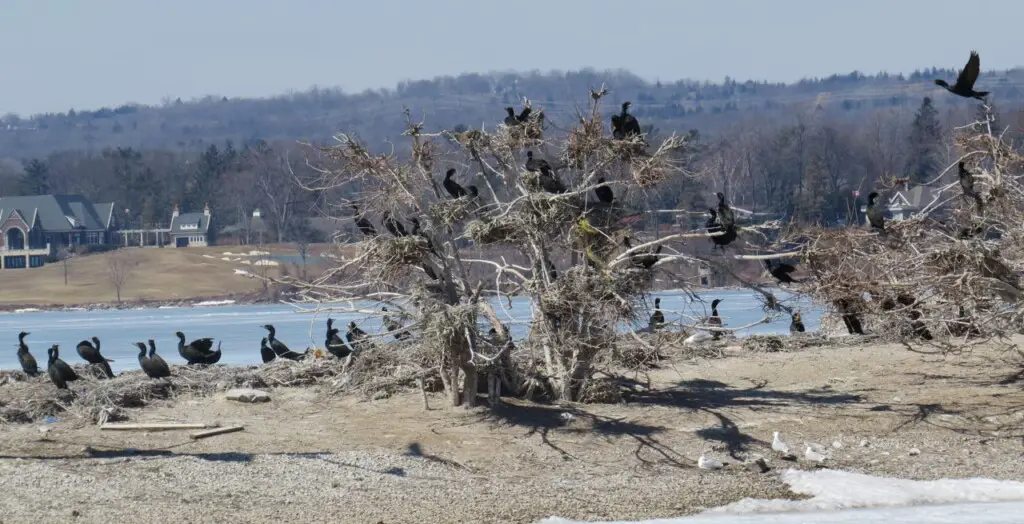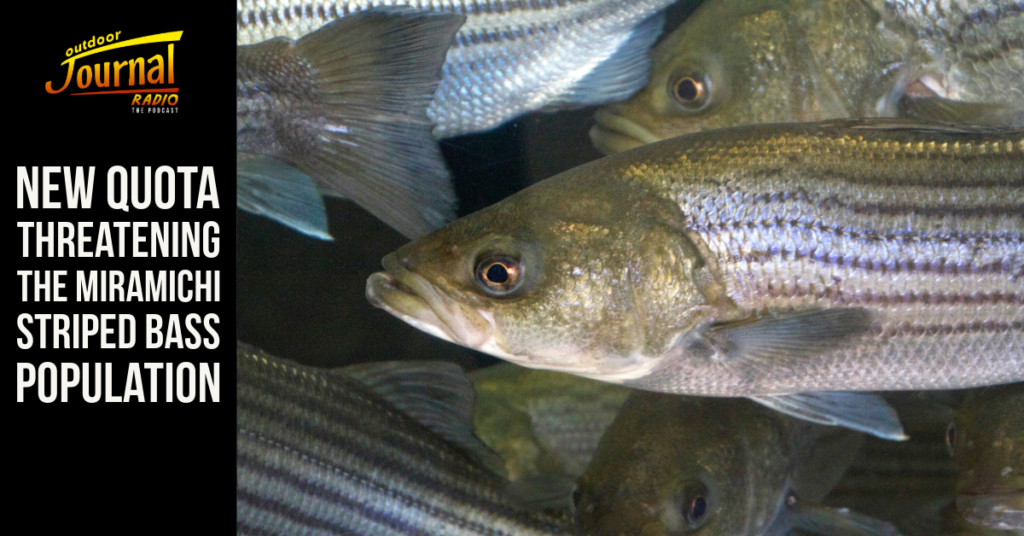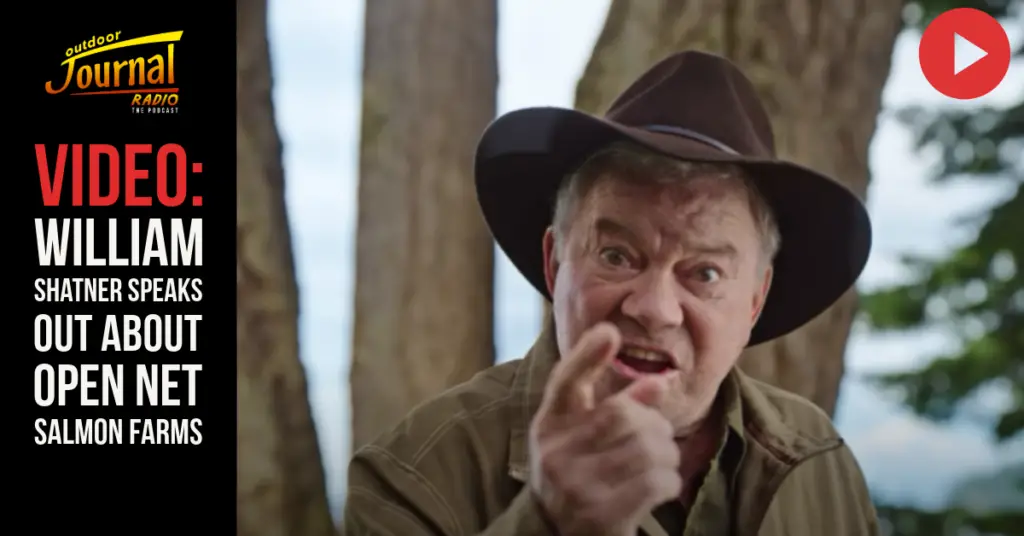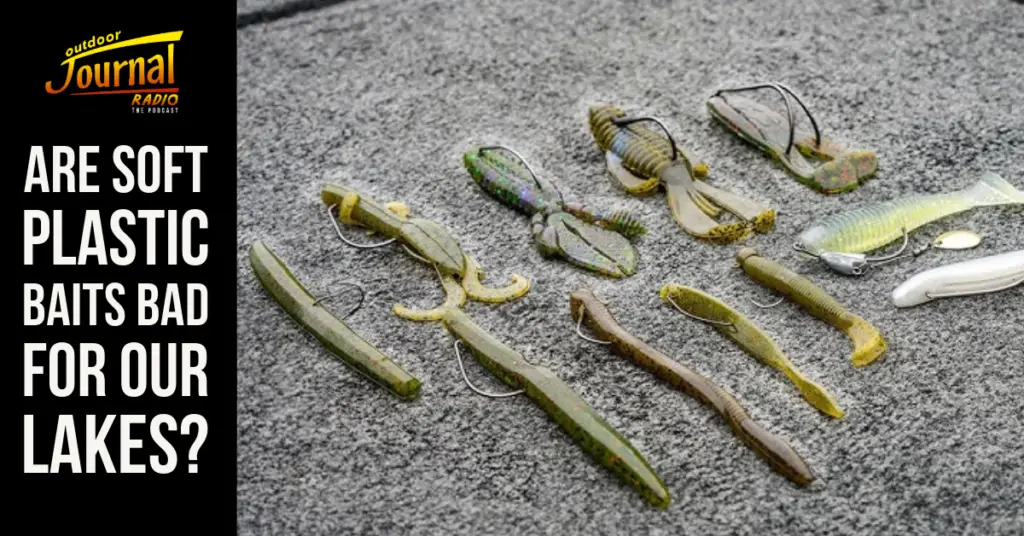Queen’s Park – MPP Bob Bailey is pleased that a private member’s bill he tabled to help control the soaring double-crested cormorant population has taken a big step forward.
Bill 205, the Fish and Wildlife Conservation Amendment Act (Double-Crested Cormorants), passed second reading on June 2nd with all-party support.
“During second reading, Members from all parties spoke about the damage that the exploding double-crested cormorant population is having in their ridings,” said MPP Bailey. “I am pleased that Bill 205 is moving forward to the committee stage.”
Bill 205 would add the double-crested cormorant to a category of bird, along with the American crow, brown-headed cowbird, common grackle, house sparrow and red winged blackbird, which do not require special legislative protections.
The double-crested cormorant is a large fish-eating bird that nests in colonies throughout the Great Lakes region along shorelines, inland waterways, and on island habitats. These large colonies have a significant impact on existing ecosystems and site biodiversity. Their guano is toxic, killing trees and other vegetation and destroying traditional nesting habitats for other shoreline birds, such as the tern, egret or heron. An average adult cormorant will eat approximately one pound of fish per day, usually bait fish, but when that isn’t available they will eat game fish. Anglers and commercial fisheries say this is impacting fishing in Ontario.
“There has been a noticeable impact in Ontario as the number of cormorants has rapidly increased and they are considered a nuisance bird by many outdoor enthusiasts,” added MPP Bailey, explaining why he tabled this bill. “Hopefully this government will move Bill 205 through the committee process quickly, for too long the Ministry of Natural Resources has been inactive on this issue.”








